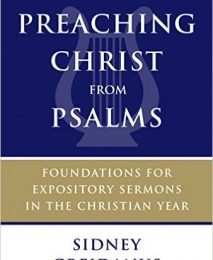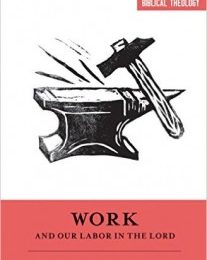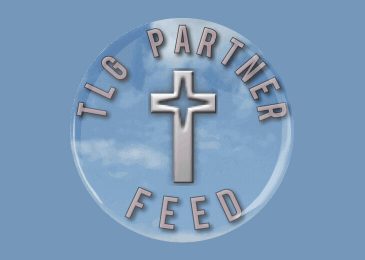February 26
Let us search out and examine our ways, and turn back to the Lord.
Lamentations 3:40
Morning
Let us search out and examine our ways, and turn back to the Lord.
Examine me, O Lord, and prove me; try my mind and my heart. § Behold, You desire truth in the inward parts, and in the hidden part You will make me to know wisdom. § I thought about my ways, and turned my feet to Your testimonies. I made haste, and did not delay to keep Your commandments. § Let a man examine himself, and so let him eat o..






